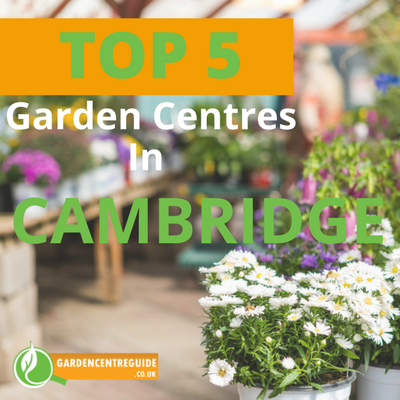5 practical ways to reduce carbon emission in your garden
Carbon footprint refers to the emission of greenhouse gases in the environment. These gases are extremely harmful to the environment. Plants and greenery play a major role in countering these gases and protecting the nature. Your garden may already be helping in making this planet greener. However, you can still adopt organic gardening methods to further reduce carbon emission.
Let’s take a look at some simple yet practical ways to reduce your carbon footprint via gardening:
1. Grow Your Own Food
Growing your own food in your garden can help you reduce carbon emission in the environment. It takes a long production process to prepare food that you consume. This process affects nature in many ways. By growing your own food, you can protect the environment from the negative impacts of this production process. Furthermore, you can enjoy fresh and delicious fruits and vegetables that you cannot get otherwise.
2. Grow Plants and Trees
Who doesn’t like a green garden full of grass! However, you may not be aware that grass plays a prominent role in increasing carbon emission. This because you need to use a mower to trim down grass. Instead, you could grow plants and trees in your garden that are able to purify the air. Not only do you assist in purifying the air this way, but you also add to the aesthetic appeal and market value of your house.
3. Use Handheld Tools
The more electrical or gas-powered tools in the garden you use, the larger your carbon footprint will be. You can go green by opting for handheld tools. For instance, you can use a push mower instead of using a gas-powered lawnmower.
Gardeners usually prune trees with the help of gas-powered trimmers, since this saves effort and time. You can rather trim trees with a handheld trimmer and pull out weeds in your garden with your hands. Hence, you can reduce carbon emission and make up for your daily physical exercise requirements.
4. Switch to Organic Fertilizers and Pesticides
Oftentimes, gardens become a target of harmful pests and insects. Therefore, gardeners are left with no other option but to use pesticides in order to protect their plants. However, chemical pesticides affect air quality and the production process of insecticides adds to the carbon emission. So, use organic methods to keep pests and insects at bay.
Similarly, you should refrain from using fertilizers in your home garden. Prepare compost and fertilizer at home with leftover food items. This way, you can reduce food wastage and protect the environment from the side-effects of fertilizers.
5. Use Rainwater in Garden
Your plants need an ample supply of water to stay healthy. If you want to preserve water, you ought to store rainwater and use it to water plants later. You can also install a recycling plant to reuse water in your garden.
Growing more plants in your garden is one effective way of reducing carbon emission. Garden Centre Guide is your directory when it comes to finding garden centres and nurseries that sell plants in your area.








